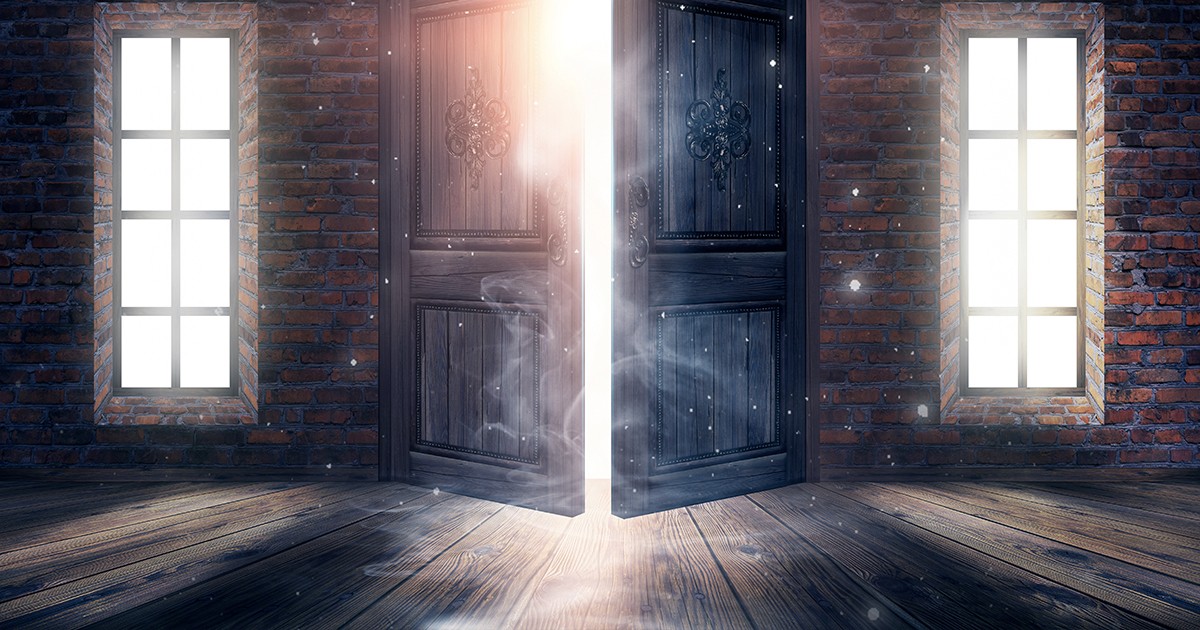
By Mary Paulson
My cousin tells me I’m a saint. My friends say they admire me for the way I’ve shown up for my family. My parents’ friends, too, pull me aside quietly to tell me how impressed they are with how I care for my mother, how I left my job so I could spend four or five days a week with her.
I relate the bittersweet stories of my time with her to my friends and acquaintances, myself often lost in the poignancy of those moments. Like the time I was changing her, and she looked at me and said, “I wonder if I’ll ever get my dignity back.” Or the time I rained kisses all over her face. “Love you, love you, love you,” I said, and she looked at me sadly and said, “I can’t think why.”
“Mary,” she asks me one evening, peering intently into the dimness of the sunroom from her place on the couch in the TV room, “why does Santa Claus have a pig on his back?”
I pause, following her gaze into the next room. “You know,” I tell her honestly, “I don’t know. I’ll ask Dad.”
“Yes,” she says with a sigh, leaning back against the couch, apparently satisfied with my response, “ask Dad.”
The truth is I like going on these mental trajectories with her. I call it going down the rabbit hole—following the path of her neurologically disjointed thoughts wherever they lead. She always had a great imagination. My favorite times as a child were when we were together in my bed reading books like The Tale of Peter Rabbit, Alice in Wonderland, Where the Wild Things Are, and The Lion, the Witch and the Wardrobe. I learned there were a million rooms outside my own, visible and invisible. She taught me to look for them, how to find them, how to live in them.
The truth is I feel good leaning forward, brining her arms up around my neck, counting to three, and lifting her small weight off the couch and into the wheelchair.
“One foot,” I say as I attempt to settle her uncooperative right limb so her foot rests on the support of the wheelchair. “Two foot,” as I do the same with her left.
The truth is her weakness is a gift to me. Her terrible illness allows me, finally, to be close to her in a way she would never allow me to be as a child. She’s too weak or confused now to push me away and say, “Mary, go away, I’m FINE,” when she is clearly not fine. Like the time I came home from school and found her wandering in the back yard in the rain, crying, inconsolable, talking to my dead grandfather. She was fine, she said, but I wouldn’t leave her. I stood in the rain, a little apart from her until she was ready to come in.
It feels good to be needed, to bathe her and brush her hair and read her stories. Though I humbly demur whenever I’m praised for the care I lavish upon my mother as she slowly disintegrates, body and mind, I revel in the light of goodness cast upon me as a result and in the light of her long-awaited companionship.
It’s tempting to stop here.
When I leave my mother and return to my apartment in Manhattan, I make sure my dealer is waiting there for me with several eight balls of cocaine. I turn over my hundreds to him and for the next three days, I don’t sleep or eat. I circle the small rooms of my one-bedroom apartment stopping every few minutes to snort another line and feel my heart beating too hard, trying to jump the wall of my chest. I sleep for twenty-four hours and return to my mother again.
later, after she’s died, I’ll tell my family that I abused cocaine because the pressure of caring for my mother and watching her die was too much for me. They’ll accept it as the only rational explanation for my degenerative behavior. I still can’t put my finger on the truth, but I know that’s not it.